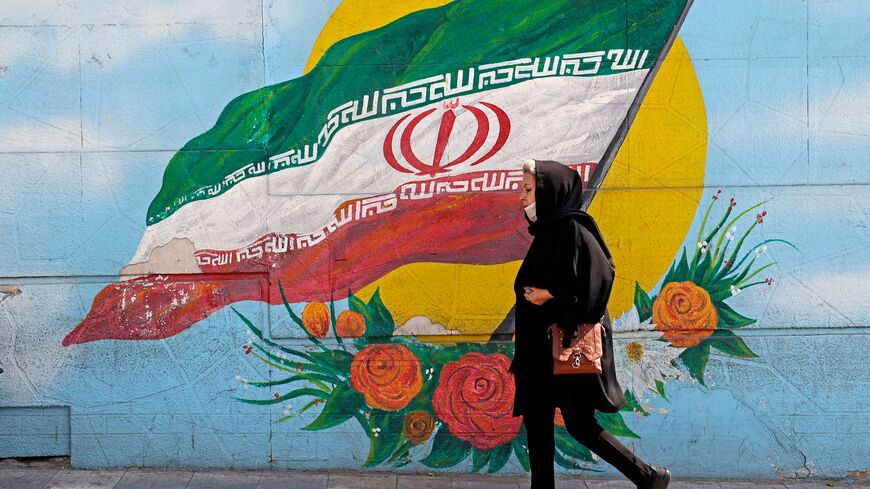TEHRAN — Iran's authorities have expanded their crackdown on violations of the country's controversial hijab laws, targeting shopping centers and private businesses that allow women customers without headscarves.
One business after another is being sealed off by the police over the issue. The closure is in many cases temporary, but only if the business owner signs a commitment not to repeat the violation, and/or pay a fine.
In the capital Tehran, according to the state-run IRNA News Agency, some 150 shops have been forced to close by authorities in the past two weeks alone, affecting everything from pharmacies and clothing stores to cafes and restaurants. The authorities closed down the Opal Mall entirely this week, leaving nearly 1,000 people jobless at the major shopping center in Tehran's affluent northwest.
"If you are adamant that women should dress only as you wish, why do shop owners have to act as your enforcers?" wrote economic analyst Mohsen Jalalpour in a ferocious critique on his Telegram account. Jalalpour questioned the closures at a moment when private businesses are already struggling amid Iran's ailing economy. "It is a lose-lose situation for the businesses," he maintained, arguing that they would face boycotts for barring customers over the dress code.
Mandatory hijab has been in place in Iran at various levels since the 1979 Islamic revolution, which birthed the modern world's first Shiite theocracy. Opposition to the law, however, has been constant. The most serious challenge yet emerged after mid-September, when Mahsa Amini died in custody of the hijab-enforcing morality police.
Amini's death triggered nationwide unrest and led many Iranian women to take their civil disobedience to a new level by removing their headscarves entirely in public settings.
In response, Iranian police commander Ahmad-Reza Radan announced in mid-April a new clampdown campaign with a set of harsher steps against violators. Hard-liners in the country's parliament and across state media are also continuing to promote new forms of punishment, from financial fines and social bans to long-term imprisonment.
As part of the new measures, police are sending robotexts to individuals refusing to wear headscarves in public. With surveillance cameras pressed into service, even private car owners have been receiving similar texts about potential punishment — including vehicle confiscation — after one or more passengers were caught without a hijab.
Yet from the streets of the capital and major cities, videos continue to go viral of women, posing or walking without headscarves, sometimes talking to cameras of their civil disobedience.
1
تصاویری از زنان در اماکن عمومی بدون حجاب اجباری به دست انقلاب زنانه رسیده است که شعارهای زیر را نمایندگی می کند:#نه_روسری_نه_توسری_آزادی_و_برابری#چه_باحجاب_چه_بیحجاب_میریم_برای_انقلاب pic.twitter.com/Vp5fDF0JXO— انقلاب زنانه (@enghelabezanane) April 19, 2023
In the absence of independent opinion polls, the level of public opposition to mandatory hijab remains unknown.
Supreme Leader Ayatollah Ali Khamenei, a steadfast proponent of the contentious law, came out earlier this month with an outright rejection of suggestions about settling the issue through a public referendum.
The 84-year-old cleric drew fire by confidently arguing that "not all members of the public" are competent enough to analyze and decide on certain issues.







